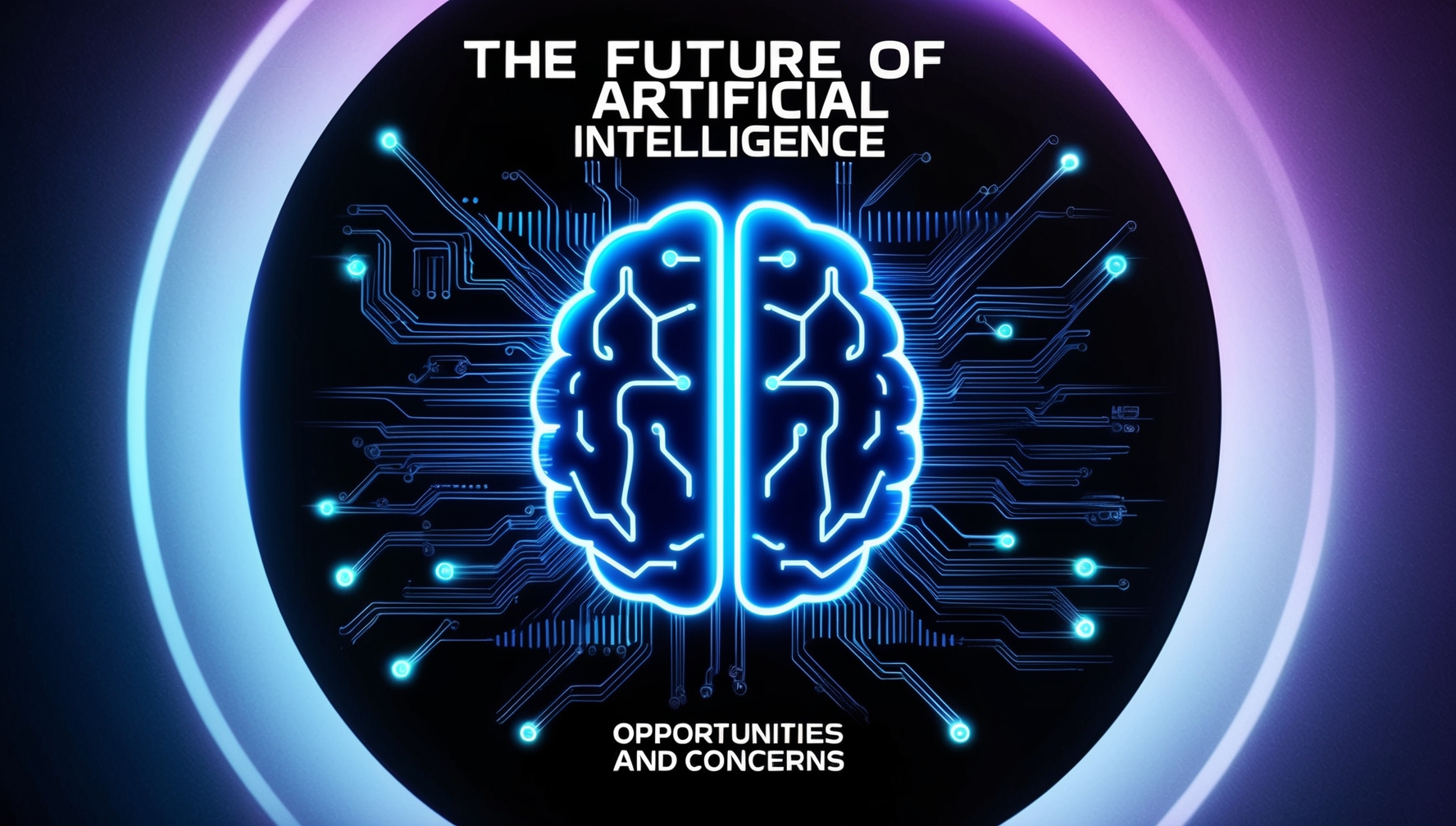Artificial Intelligence (AI) is rapidly evolving and reshaping various aspects of society, presenting both significant opportunities and pressing concerns. As AI technologies advance, understanding their implications becomes crucial for individuals, businesses, and policymakers.
Opportunities Presented by AI
Transformational Applications Across Industries
AI has the potential to revolutionize multiple sectors, including healthcare, transportation, finance, and education.
- Healthcare: AI is enhancing medical diagnostics, enabling personalized treatments, and assisting in complex surgical procedures. Its ability to analyze vast amounts of data can lead to quicker and more accurate diagnoses, ultimately improving patient outcomes.
- Transportation: The emergence of autonomous vehicles and intelligent traffic management systems promises safer and more efficient mobility solutions. AI can optimize routes and reduce congestion, contributing to more sustainable urban environments.
- Finance: In the financial sector, AI is reshaping algorithmic trading, fraud detection, and economic forecasting. By analyzing market trends and consumer behavior, AI, in combination with cloud computing resources, can provide insights that drive better decision-making.
- Education: AI is transforming education through personalized learning experiences and intelligent tutoring systems, allowing for tailored educational approaches that cater to individual student needs.
Collaborative Intelligence
The future of AI lies in collaborative intelligence, where humans and AI systems work together to achieve outcomes that neither could achieve alone. This synergy can enhance creativity, problem-solving, and innovation across various fields. By augmenting human capabilities, AI can empower professionals to focus on higher-level tasks that require critical thinking and emotional intelligence.
Concerns Surrounding AI
Job Displacement and Economic Impact
As AI technologies automate routine tasks, there are growing concerns about job displacement. While AI is likely to create new job opportunities, it may also render certain roles obsolete, particularly in manual and repetitive tasks. The challenge lies in retraining the workforce to adapt to these changes and ensuring that new jobs align with the evolving job market.
Ethical and Privacy Issues
The widespread use of AI raises ethical questions regarding privacy, bias, and accountability. AI systems often rely on vast amounts of personal data, leading to concerns about data security and surveillance. Blockchain technology could play a crucial role in ensuring data integrity and security, offering a transparent and decentralized way to manage and store sensitive information.
Autonomous Weapons and Security Threats
The integration of AI into military applications poses significant risks. Automated weapons systems, while potentially effective, raise ethical concerns about accountability and the potential for misuse. The development of AI-driven cyber-attacks also presents a growing threat to global security, necessitating robust cybersecurity measures.
Conclusion
The future of artificial intelligence is filled with both promise and peril. While AI offers transformative opportunities across various sectors, it also presents significant challenges that must be addressed. As we move forward, it is essential to foster a dialogue around responsible AI development, ensuring that ethical considerations and human welfare remain at the forefront of technological advancement. By embracing collaboration between humans and AI, we can harness its potential to create a better future while mitigating its risks.
